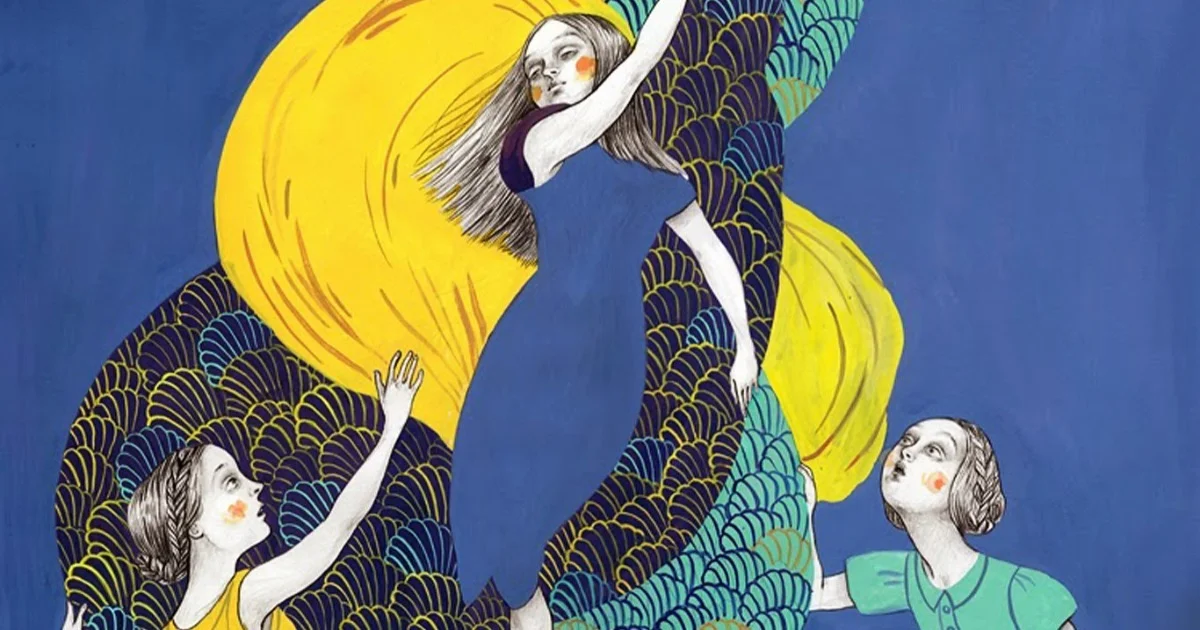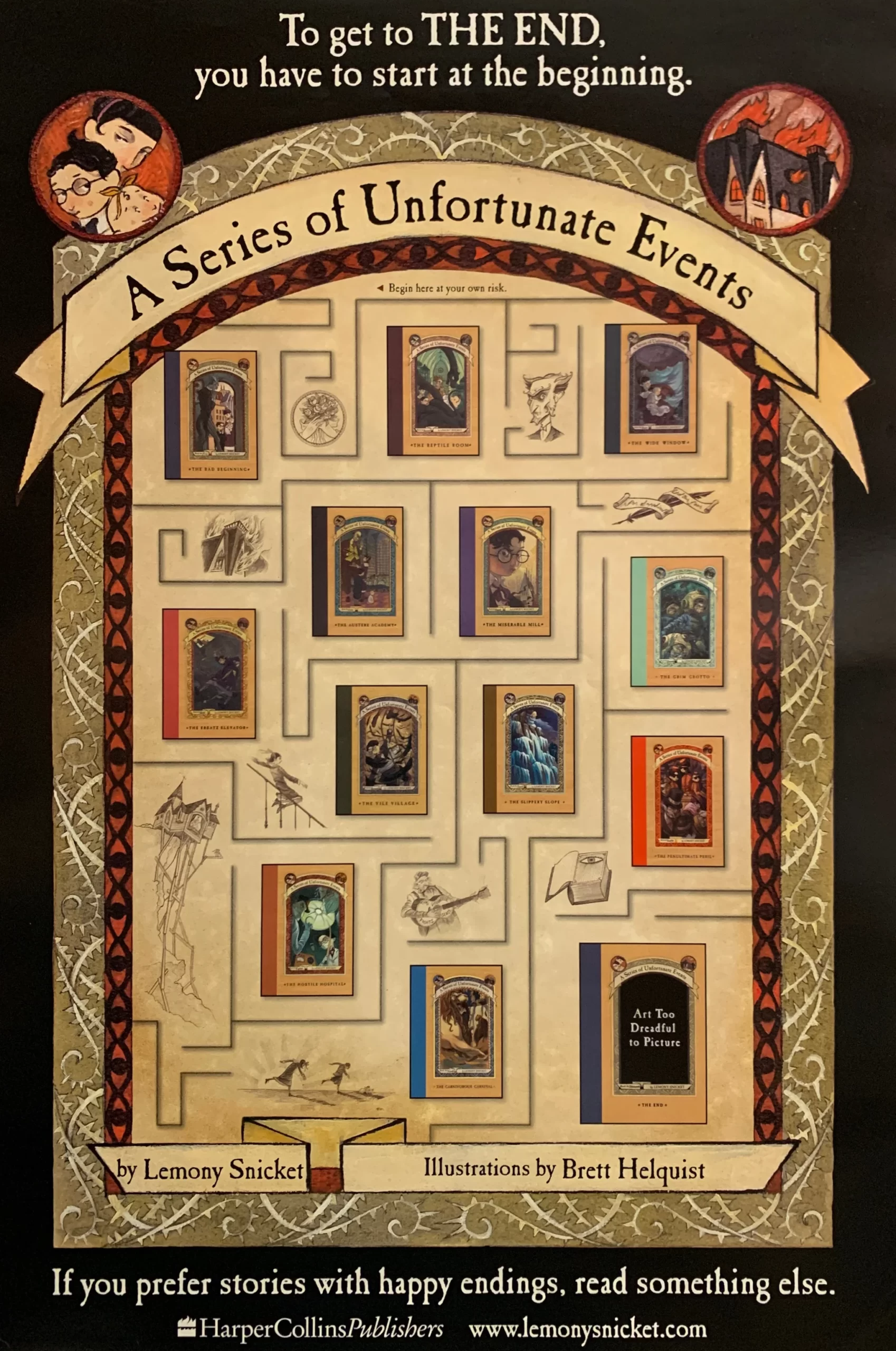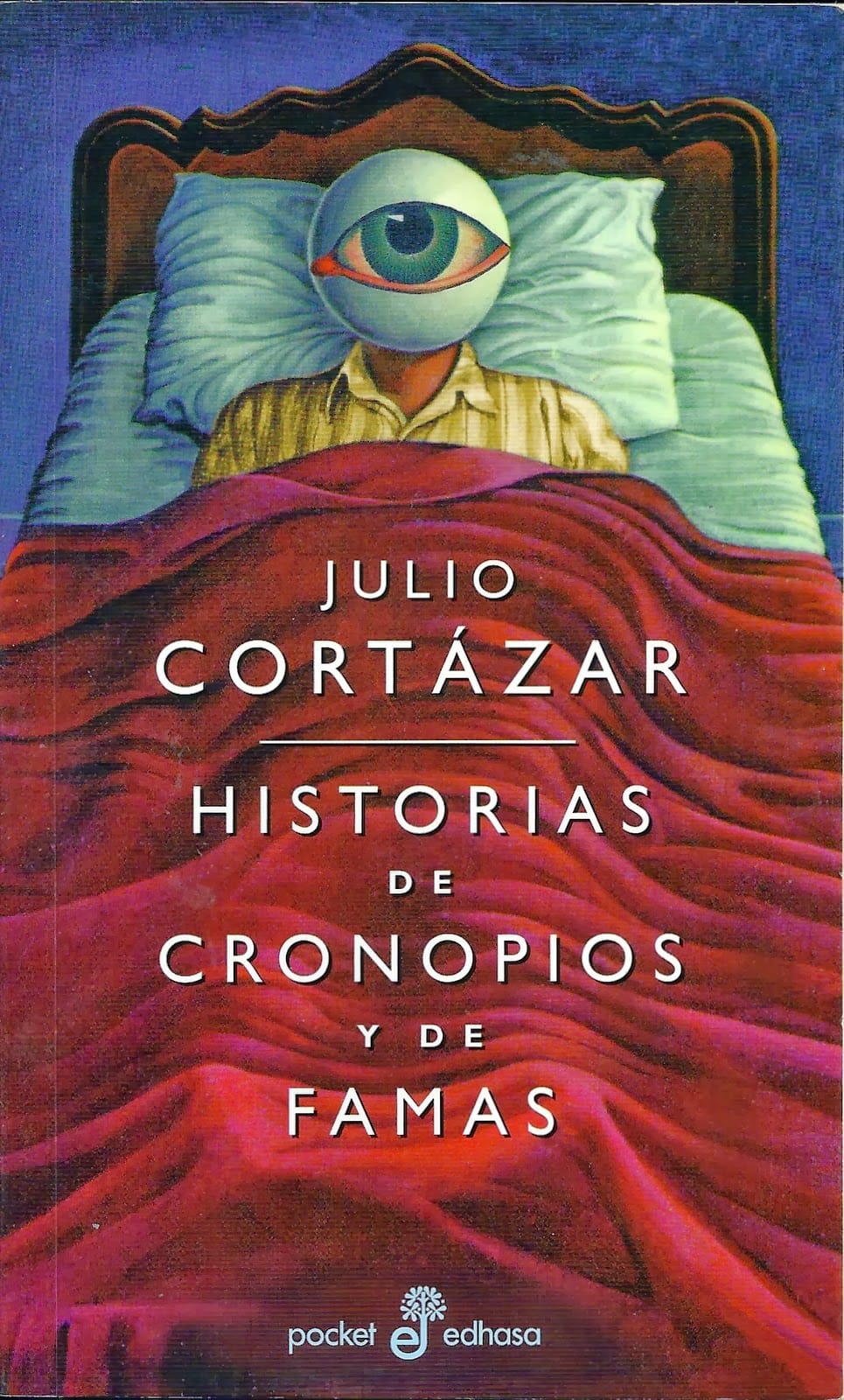Robert Elwood Bly, known as Robert Bly, was born on December 23, 1926, in Minnesota, U.S. to parents of Norwegian origin. He was an American poet, translator, editor, and author, perhaps best known to the public at large as the author of Iron John: A Book About Men.
Life
Bly served in the U.S. Navy, and studied at St. Olaf College in Northfield, Minnesota (1946–47), Harvard University (B.A., 1950), and the University of Iowa (M.A., 1956). In 1954, he took two years at the University of Iowa at the Writers Workshop along with W. D. Snodgrass, Donald Justice, and others. In 1956, he received a Fulbright grant to travel to Norway and translate Norwegian poetry into English. In 1958, he cofounded the magazine The Fifties (its name changed with the decades), which published translations and poetry by Bly and other important young poets.
Influences and Inspirations
Two of his major inspirations in this regard were Spanish-language writers César Vallejo and Federico Garcia Lorca. Hugh Kenner, writing in the New York Times Book Review, remarked, “Bly is attempting to write down what it’s like to be alive, a state in which, he implies, not all readers find themselves all the time.”
Translation
Robert Bly was born to parents of Norwegian descendants. In 1956, he received a Fulbright grant to travel to Norway and translate Norwegian poetry into English. While there he found the work of a number of major poets whose force was not present in the United States, among them Pablo Neruda, Cesar Vallejo, Gunnar Ekelof, Georg Trakl, and Harry Martinson.
He determined then to start a literary magazine for poetry translation in the United States and so begin The Fifties and The Sixties and The Seventies, which introduced many of these poets to the writers of his generation and published essays as well on American poets and insults to those deserving.
As a poet, editor, and translator, he profoundly affected American verse, introducing many unknown European and South American poets to new readers.
Poetry
American writer Robert Bly is regarded as “one of the legends of contemporary poetry,” according to David Biespel, “the prototypical non-modernist the one who set in motion a poetics of intensity for generations to come.”
The author of dozens of books of poetry and translation, Bly’s work is based on the natural world, the visionary, and the realm of the irrational. His poetry showed his interest in mythology, Jungian psychology, and pre-Christian religion.
Books
Bly’s most famous books are:
Iron John: A Book About Men (1990, reprinted 2001 as Iron John: Men and Masculinity), was his first book in prose. In it, he draws upon Jungian psychology, myth, legend, folklore, and fairy tales, the book demonstrates Bly’s convictions on masculinity.
The Sibling Society in which Bly proposes that America has turned away from the inherited traditions of patriarchal culture, and now we live and learn within a non-hierarchical, information-sodden “sibling” society.
The Maiden King, which is based upon a Russian fairy tale. The Maiden King: The Reunion of Masculine and Feminine. Takes the message behind Iron John to its next phase.
Legacy
Despite the harsh criticism, we cannot deny that there is great value in Robert Bly’s books: They stress contemporary’s importance to redefine sexuality. He opened a conversation about manhood and masculinity. Though it had many detractors, it proved an important, creative, and best-selling work on the subject of manhood and masculinity for a budding men’s movement in the United States.
In poetry, Robert Bly maintained a constant relationship between nature and man, which can until this day and in the foreseeable future, be a referent for people to understand and wonder about this relationship.
In the area of translation, Bly maintained his devotion to translating the world’s visionary poetry, often in an attempt to counteract what he has seen as the dry or lifeless qualities of high modernism.






























